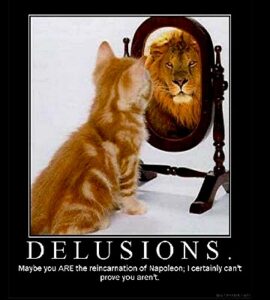
On of the grounds for appeal in Wilton v Koestlmaier 2019 BCCA 262 was that the trial judge erred in admitting the family doctor’s (GP’S) testimony on mental capacity because she was a family practitioner without any specialization or formal education in geriatric medicine in the assessment of testamentary capacity.
The appeal court rejected this argument, and upheld the trial judge’s discretion in allowing the family Dr. to provide expert evidence on mental capacity to be admitted as evidence.
A trial judge’s decision to admit or exclude expert evidence is a discretionary ruling entitled to deference on appeal. R v DD (2000 ) 2 SCR 275 at paragraphs 12 – 13, 47.
This is so because trial judges are in a better position to assess whether such evidence is necessary or whether the danger of admitting the evidence outweighs its benefit. The courts exercise of discretion is reversible only where the court has misdirected itself, came to a decision that is so clearly wrong that it amounts to an injustice, or where the judge gave no or insufficient weight to relevant considerations. Penner v . Niagara Regional Police Services Board (2013 SCC 19 at paragraph 27.
The court held that the trial judge did not err in admitting or relying upon the family doctors expert report, as evidence regarding the deceased’s health from her physician at the time the codicil in question was executed is highly relevant to the legal determination of testamentary capacity.
It was necessary for the judge to determine the extent of the deceased physical and mental impairment following her stroke in 2004, and the effects of these would have on her ability to make and understand the codicil. The family Dr. was a very experienced doctor with specific knowledge of the deceased medical history and health.
The court accepted the doctor’s medical qualifications and found her to be an independent, impartial and unbiased witness.
The appellants in essence argued that the family Dr. was not qualified to render an opinion on testamentary capacity because she was a family for practitioner without any specialization the assessment of testamentary capacity.
The court rejected this argument, as it misapprehended the legal assessment of testamentary capacity, which is necessarily rooted in the judge’s appreciation of the evidence, be it medical or otherwise.
Testamentary capacity is a legal determination for the judge to make, not a medical diagnosis made by experts.
A judge is not required to defer to the opinion of any medical expert, and a doctor is not required to have special expertise in geriatric medicine in order to provide evidence to assist the court in determining an individual’s legal capacity to make wills.
The trial judge determined that the probative value of the family doctors medical report outweighed any prejudicial effect, it might’ve had and relied on the report for her conclusions regarding the health of the deceased in or around the time that the codicil in question was executed.




